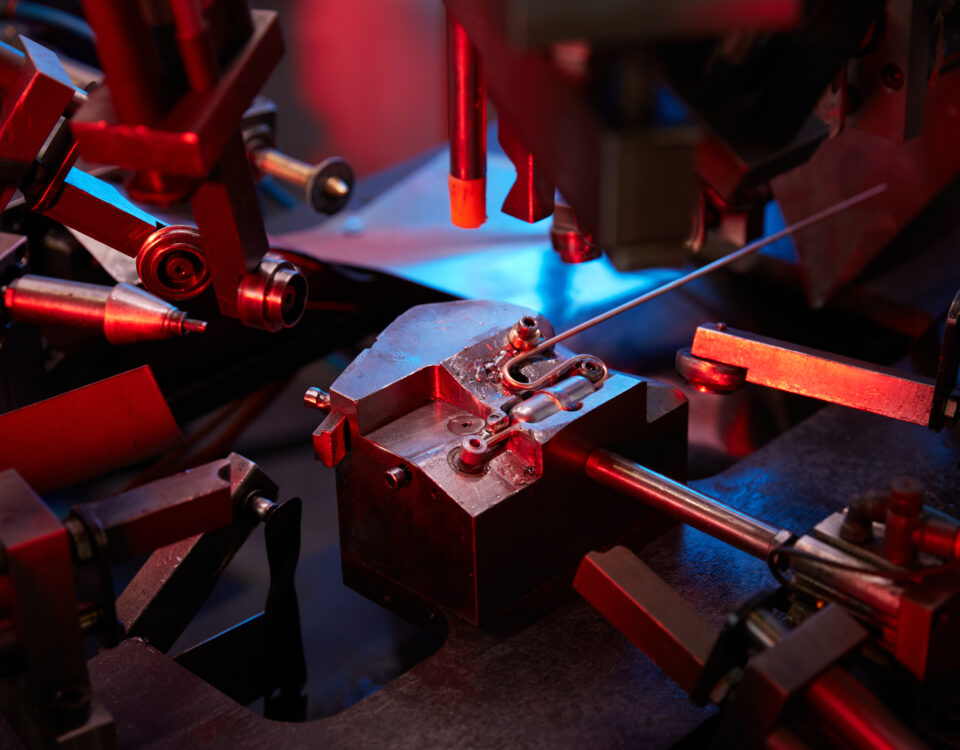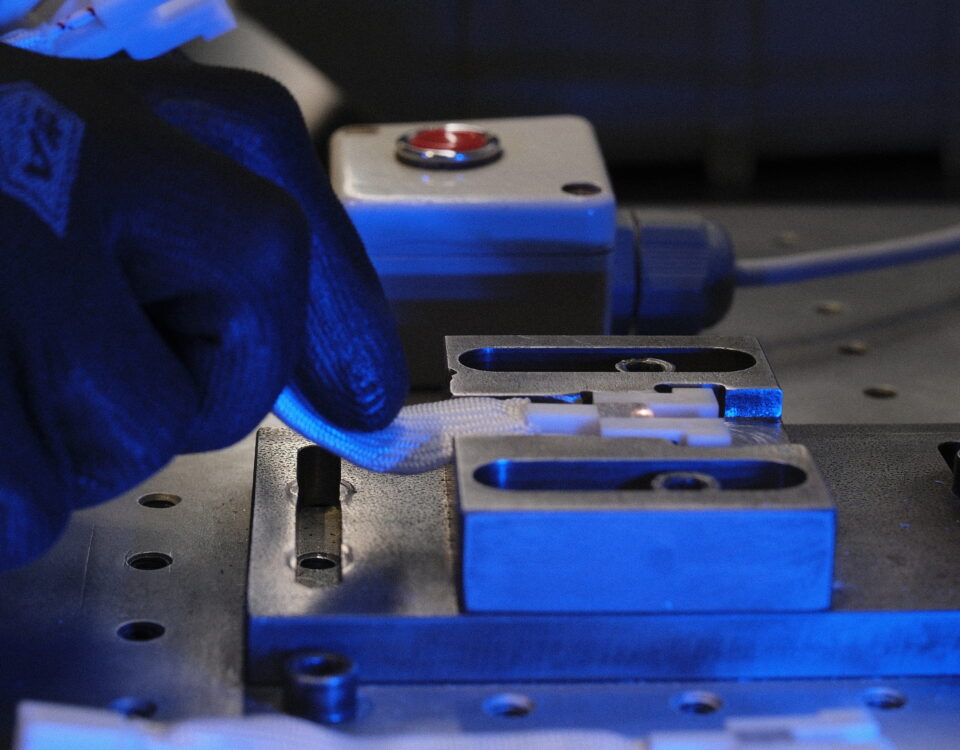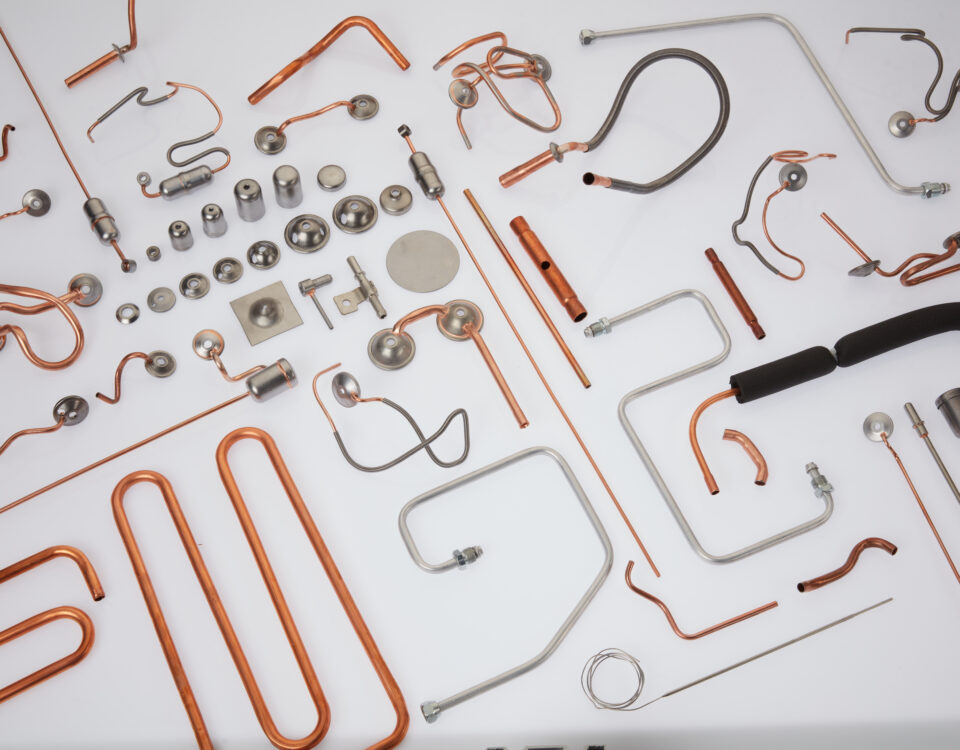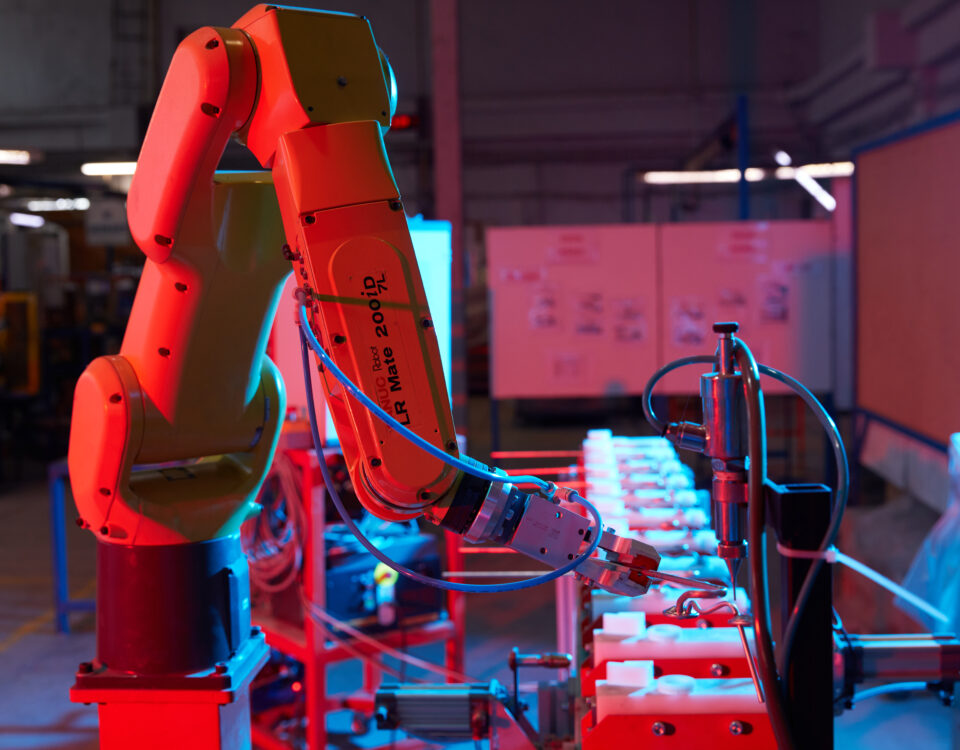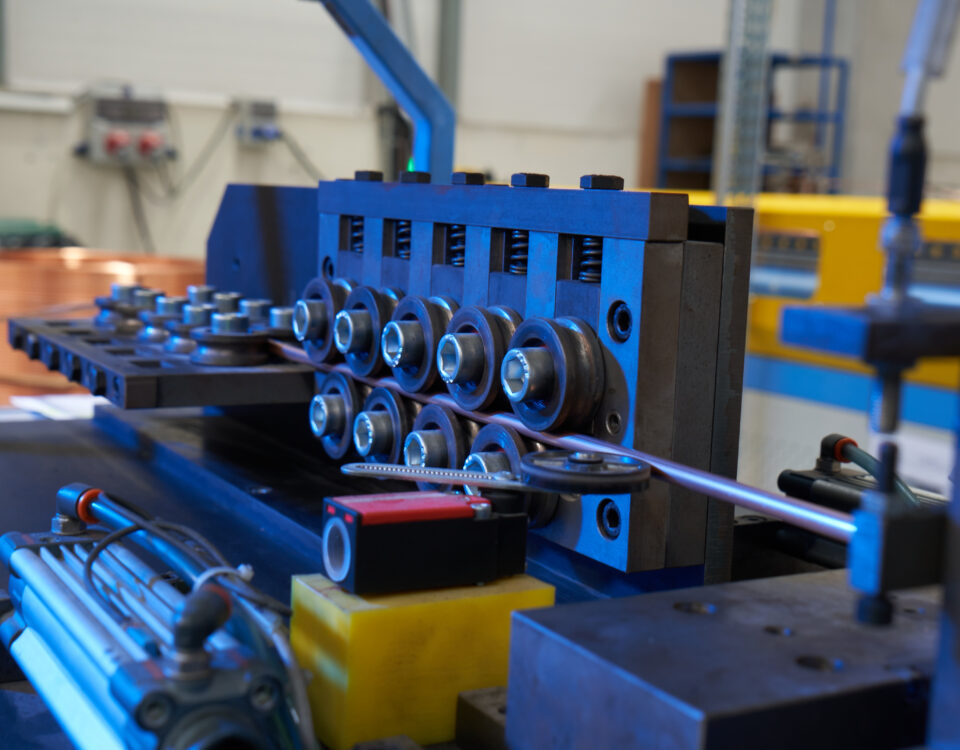
The Importance of White Goods Parts
September 24, 2024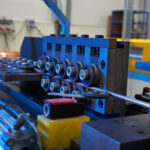
Automotive Metalworking
September 27, 2024Quality Control in Cable Manufacturing
Quality Control in Cable Manufacturing: Strengthen Your Processes
Cable manufacturing is one of the cornerstones of modern technology. The reliability and longevity of cables, which form the backbone of electricity and data transmission, depend on the quality control standards applied in the production processes. In this context, we will address the importance of quality control in cable manufacturing. Additionally, applicable methods and what can be done to further strengthen the process will be examined in detail.
The Importance of Quality Control
Quality control not only identifies defective products but also enhances customer satisfaction, reduces costs, and maintains brand reputation. In particular, low-quality cables can lead to serious consequences:
Safety Risks:
- A faulty cable can pose dangers such as fire risks or electric shocks.
Function Loss:
- Low-quality cables may cause data transmission losses and performance issues.
Economic Losses:
- Production errors can lead to recall and return costs, as well as a loss of customer trust.
Key Stages in the Quality Control Process
Quality control in cable manufacturing encompasses many stages, from raw material procurement to final product testing. These stages are designed to ensure quality at every step of the process.
a) Raw Material Control
The quality control process begins with the procurement of raw materials. The quality of conductive materials such as copper and aluminum, as well as insulation materials, directly affects the performance of the final product. Key considerations at this stage include:
Purity of Conductive Materials:
- The purity level of copper determines its conductivity capacity. Impure copper can increase electrical resistance, leading to energy loss.
Durability of Insulation Materials:
- The durability of insulation materials against temperature, humidity, and chemicals should be tested.
b) Production Process Control
Quality controls conducted during the production process ensure that products are manufactured according to standards:
Continuous Monitoring:
- The diameter of the cable, insulation thickness, and other parameters are continuously monitored on the production line.
Sample Testing:
- Samples taken at regular intervals during production are subjected to mechanical and electrical tests.
c) Final Product Testing
After production is complete, final checks are performed to ensure that the products can be safely used in the field:
Electrical Tests:
- Parameters such as conductivity, resistance, and insulation resistance are tested.
Mechanical Tests:
- Physical durability tests such as tensile and bending tests are conducted.
Environmental Durability Tests:
- The cables’ resistance to extreme temperatures, humidity, and chemical impacts is evaluated.
Strengthening Quality Control Methods
Improving quality control processes is essential for early detection of errors and enhancing efficiency. Here are some suggestions to strengthen these processes:
a) Automation and Digitalization
Industry 4.0 Applications:
- Real-time monitoring of production line data with smart sensors and IoT devices enables early detection of potential problems.
Artificial Intelligence and Machine Learning:
- AI systems that analyze production data can predict potential quality issues, allowing for timely interventions.
b) Training and Continuous Improvement
Staff Training:
- Continuous training of personnel involved in quality control processes is vital for minimizing human errors.
Process Improvement Programs:
- The efficiency of processes can be enhanced through a continuous improvement approach. For example, methods like Kaizen and Six Sigma are quite effective in this area.
Future Strategies
There are several key trends regarding how quality control processes in cable manufacturing will shape in the future:
Stricter Regulations:
- Tighter quality standards and regulations are expected due to increasing safety and environmental awareness.
Sustainable Production:
- Recyclable materials and environmentally friendly production methods will be integrated into quality control standards.
Advanced Testing Methods:
- New testing methods and equipment will allow for faster and more accurate evaluation of cable performance and durability.
Quality control in cable manufacturing is indispensable for a safe and efficient production process. These processes, which must be meticulously applied at every stage from raw material procurement to final product testing, are of great importance not only for the manufacturing company but also for consumers and society. A quality control system supported by technological innovations and continuous improvement efforts will enable cable manufacturers to move more robustly into the future.


